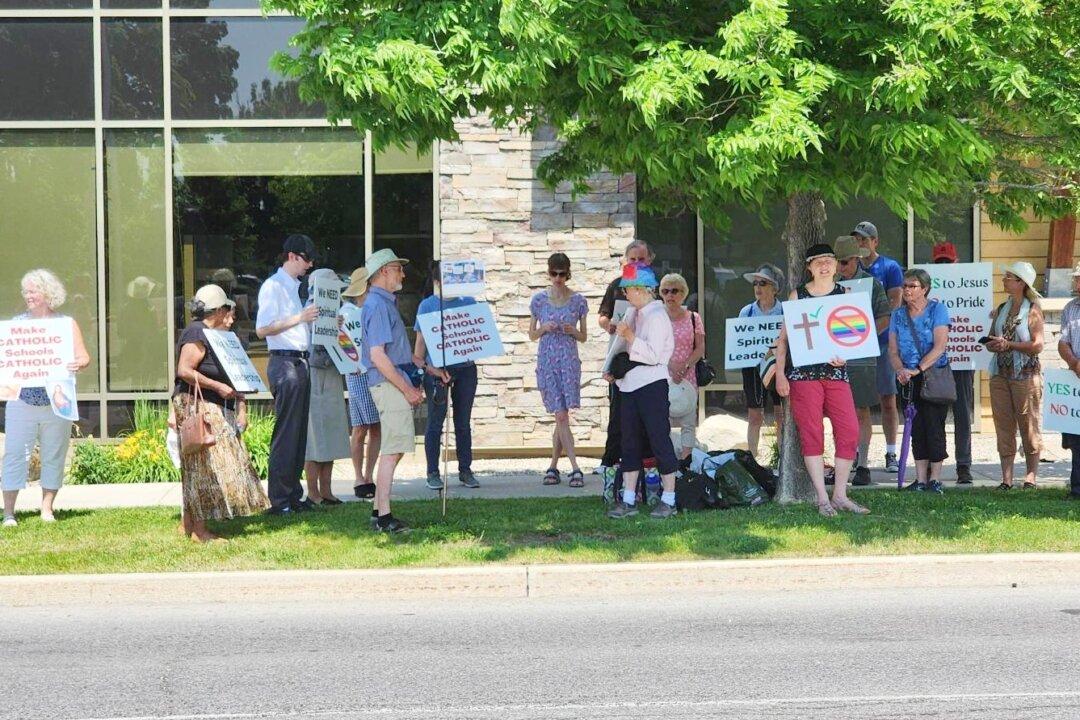June is Pride Month, which often means LGBT-related events and discussions at schools across Canada. Some school walk-outs are planned for the beginning of the month, to coincide with Pride flag-raising ceremonies.
And ahead of the month’s kickoff, a parental rights group hosted a virtual summit during which some speakers looked at how gender and sexuality issues are presented to children in Canadian schools, and how some parents are expressing concerns about the topics.





